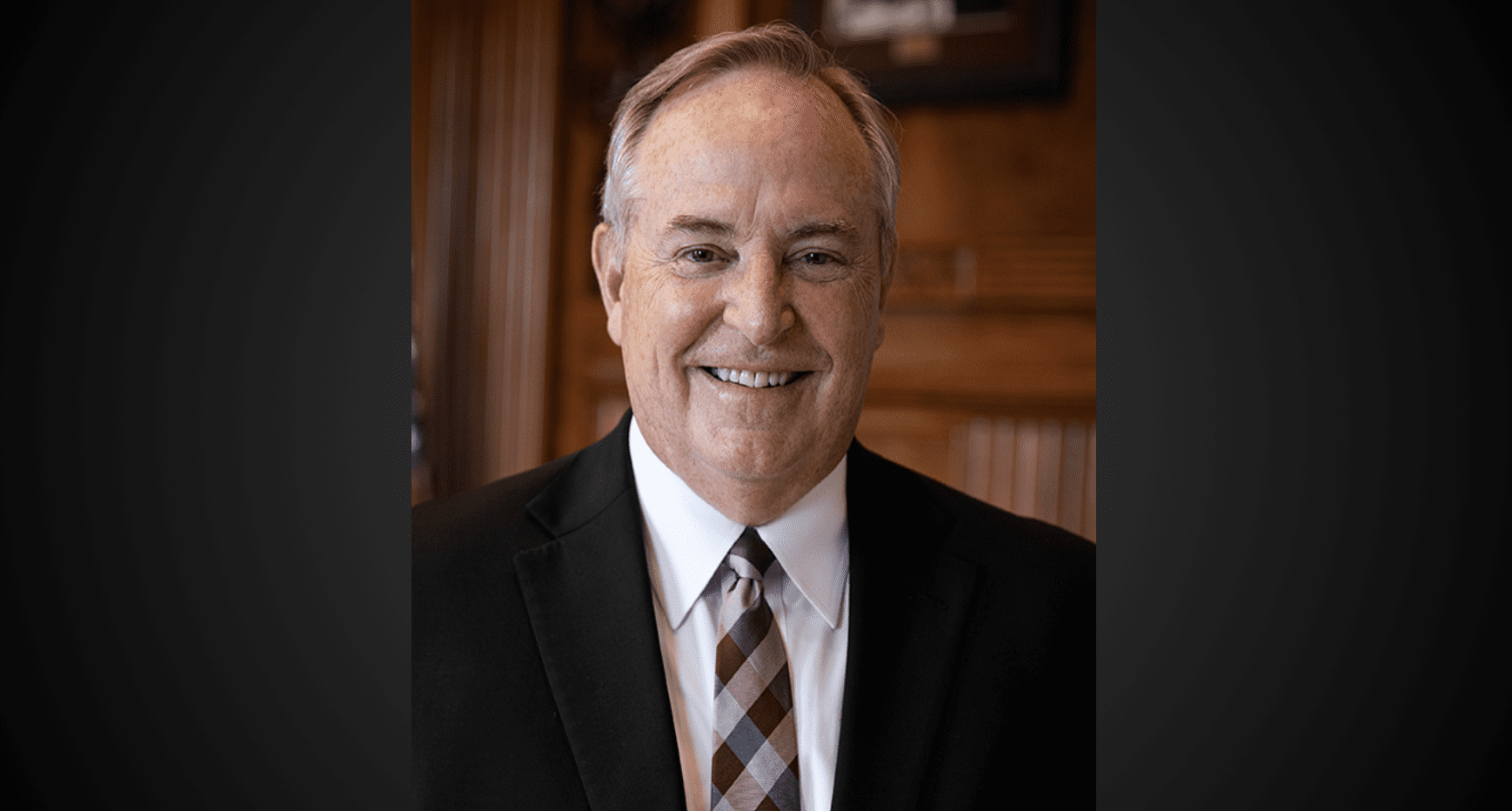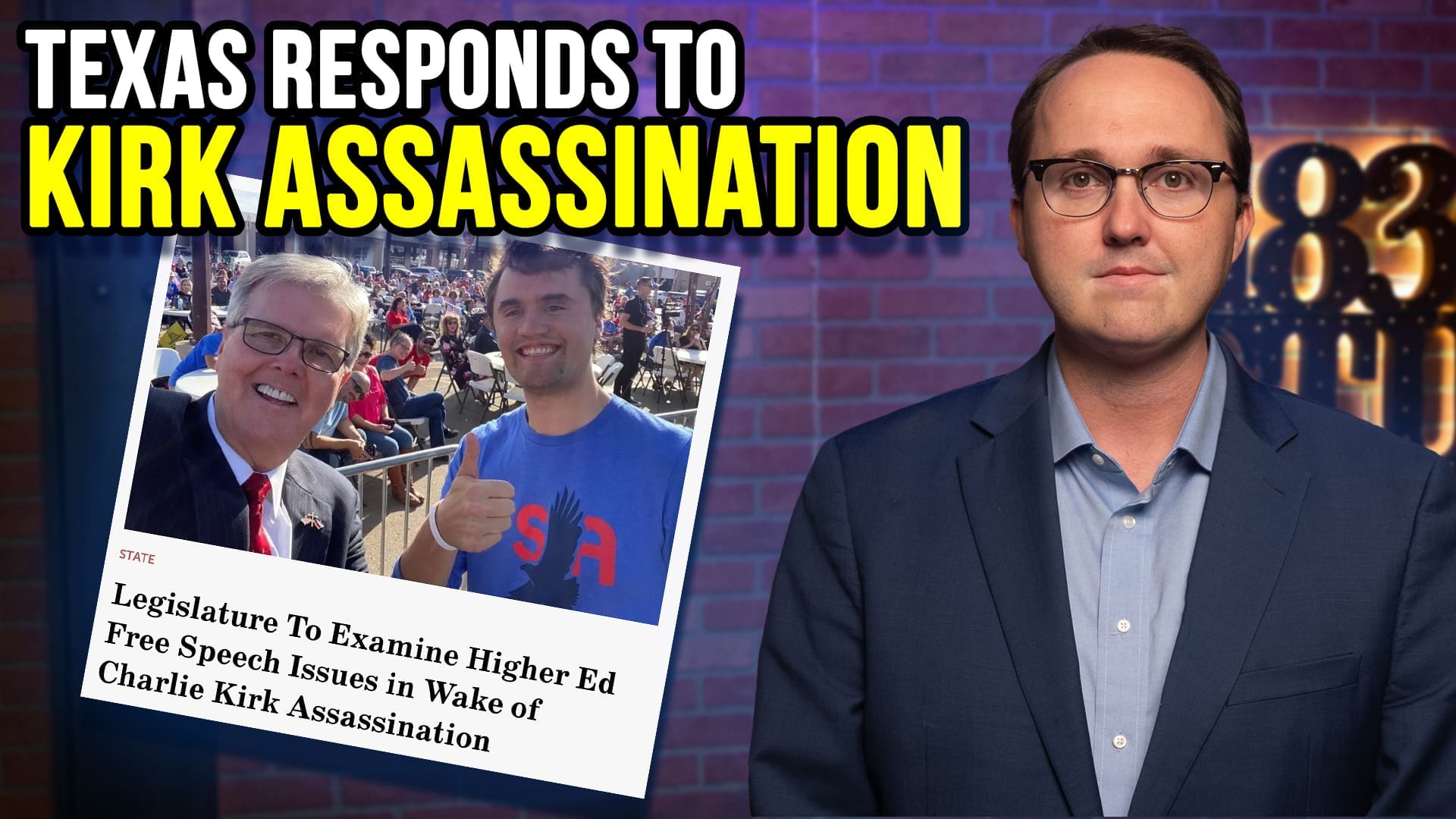In my two-and-a-half year odyssey through state government, the forces for more programs, more regulations, more laws, and more agencies never cease to amaze. Every day in Austin, lobbyists and special interest groups show up in my office, on my cell phone, and in my email asking for more bureaucracy.
Back home, I am refreshed by Texans who want our state government to continue as one of the smallest per capita in the country.
That said, at every turn I find programs conceived years ago that lack funding to fulfill their basic mission. In one of my first legislative hearings, I came across the Texas Tomorrow Fund, which allows parents to pay into a fund over a number of years to secure their child’s college education. This constitutionally-created fund has $1.6 billion in assets, but $2.2 billion in liabilities: a $644 million hole. The Teachers Retirement System has $116 billion in assets, but needs $143 billion for actuarial soundness: a $27 billion hole.
This scenario is not uncommon. We are incurring costs today, without setting aside the money we need.
All is not doom and gloom. Texas leaders plan to fill in some holes by ending a reliance on dedicated funds, which create a $4.3 billion — and growing — hole in the state budget every two years. I am gratified with the speaker, lieutenant governor and governor’s commitment to address this glaring problem.
Conversely, water boasts the greatest access to capital of all government functions in Texas. Only water has a program enacted in 2001 in which Texas guarantees water debt, providing the state’s AAA credit rating enabling access to cheaper capital. This, even though 75 percent of the projects in the state water plan asking for help already have an AA- rating or better.
To my knowledge, no county, city, port authority or college district has such substantial financial support from the state. In addition to state help, through triple tax free bonds, the issuer pays rates 40-43 percent lower than comparably rated private bonds — thanks to the federal government. Municipalities borrowed $5 billion for water last year alone.
Despite this clear embarrassment of riches, an army of lobbyists in Austin want even cheaper money for their water clients, but why? Water already has the greatest access to capital and the most subsidized capital of any government entity in Texas.
Put differently, you own a house with holes in the roof, broken pipes and decrepit walls; some contractors want you to add a new room. With your money, you know the right thing to do. Unfortunately, legislators spend “other people’s money”.
Texas cannot afford an addition right now. We have to fill in holes we already have: education, healthcare and retirement programs. These are commitments that we must honor — by law and the Constitution. Until those holes are filled, I cannot countenance the creation of yet another new water lending program.
(Van Taylor, R-Plano, was elected to the Texas House of Representatives in April 2010.)




